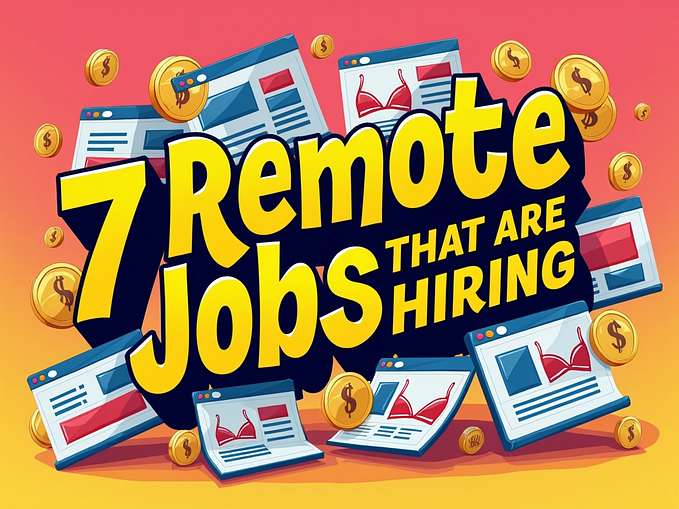Member-only story
How Are Black Therapists Doing Right Now?
They’re in higher demand than ever — and dealing with many of the same stressors as their patients

During a recent therapy session, Boston-based psychiatrist Cecil Webster, Jr., MD, had to answer a seemingly impossible question. His patient, a 9-year-old Black boy, asked him: “Will white people be afraid of me when I grow up?”
“As a therapist and as a Black man, how are you supposed to answer that?” Webster asks. He’s been providing therapy and medication management to adults, adolescents, and children — most of them Black — for eight years. But over the past few weeks, the deaths of George Floyd, Breonna Taylor, and Ahmaud Arbery and the resulting protests have led to a noteworthy increase in appointment requests, he says. “It has felt a little more urgent [in terms of requests]. I’ve gotten a lot more calls, and patients that I hadn’t seen in a while have been reaching out more frequently.”
Webster’s experience is not unique, and it hints at a convergence of factors currently stretching Black therapists thin. To start, Black mental health professionals are underrepresented in the workforce. According to the most recent data from the American Psychological Association, only 4% of psychologists in the United States are Black. So now, at a time when Black people may be experiencing greater distress than before, and given that many Black folks in need of mental health services prefer seeing Black practitioners, Black psychologists and psychiatrists can find themselves overwhelmed with demand.
For Kristin Carothers, PhD, a psychologist based in Atlanta, although her practice is normally 60% white patients and 40% minorities, she’s seen an uptick in outreach from both existing and potentially new Black patients. “All of my most recent inquiries have been Black families. Since the pandemic began, the majority of the referrals that I was getting were for Black individuals,” she says.
“I’m in a position where it’s my responsibility to respond when people who are not Black reach out and ask, ‘Can you explain [racism] to me? Can you help me?’”








